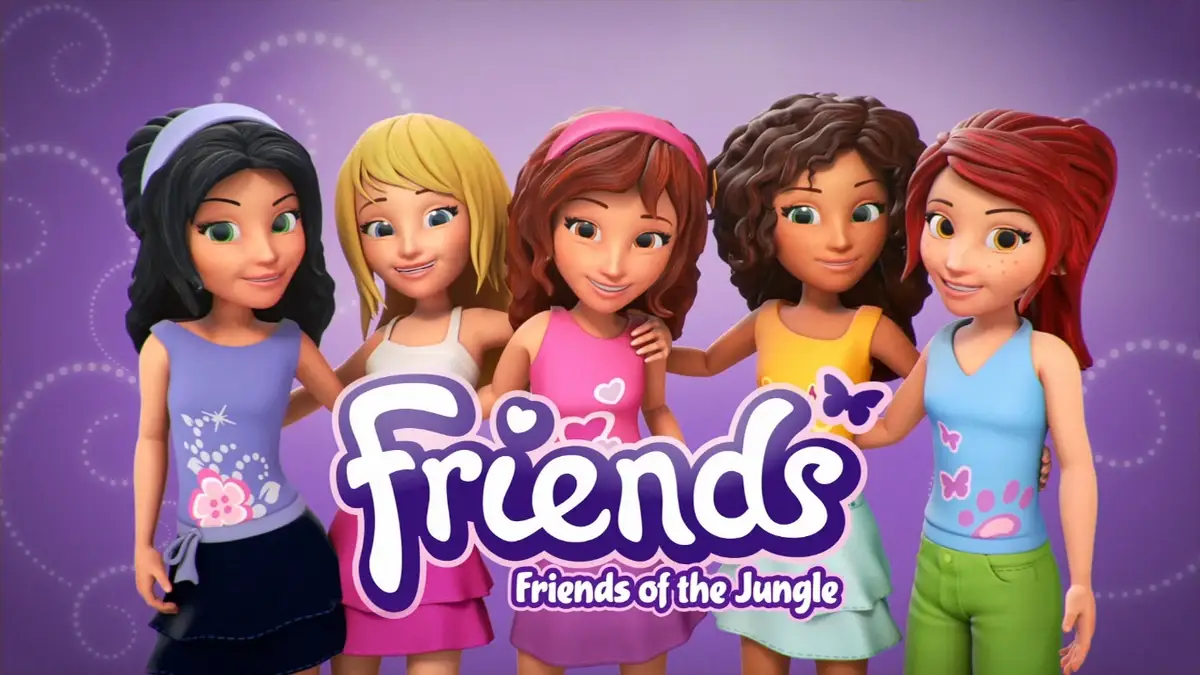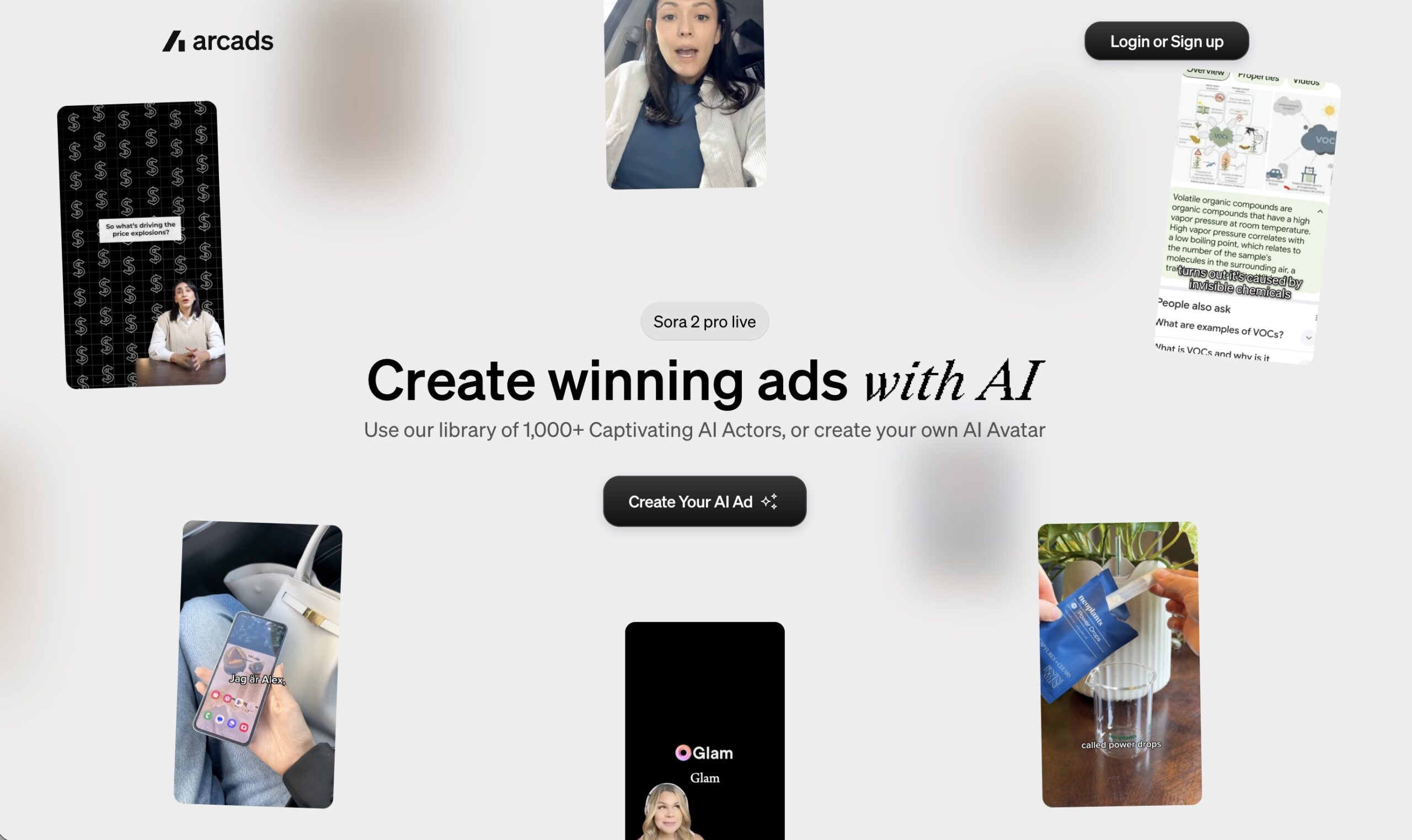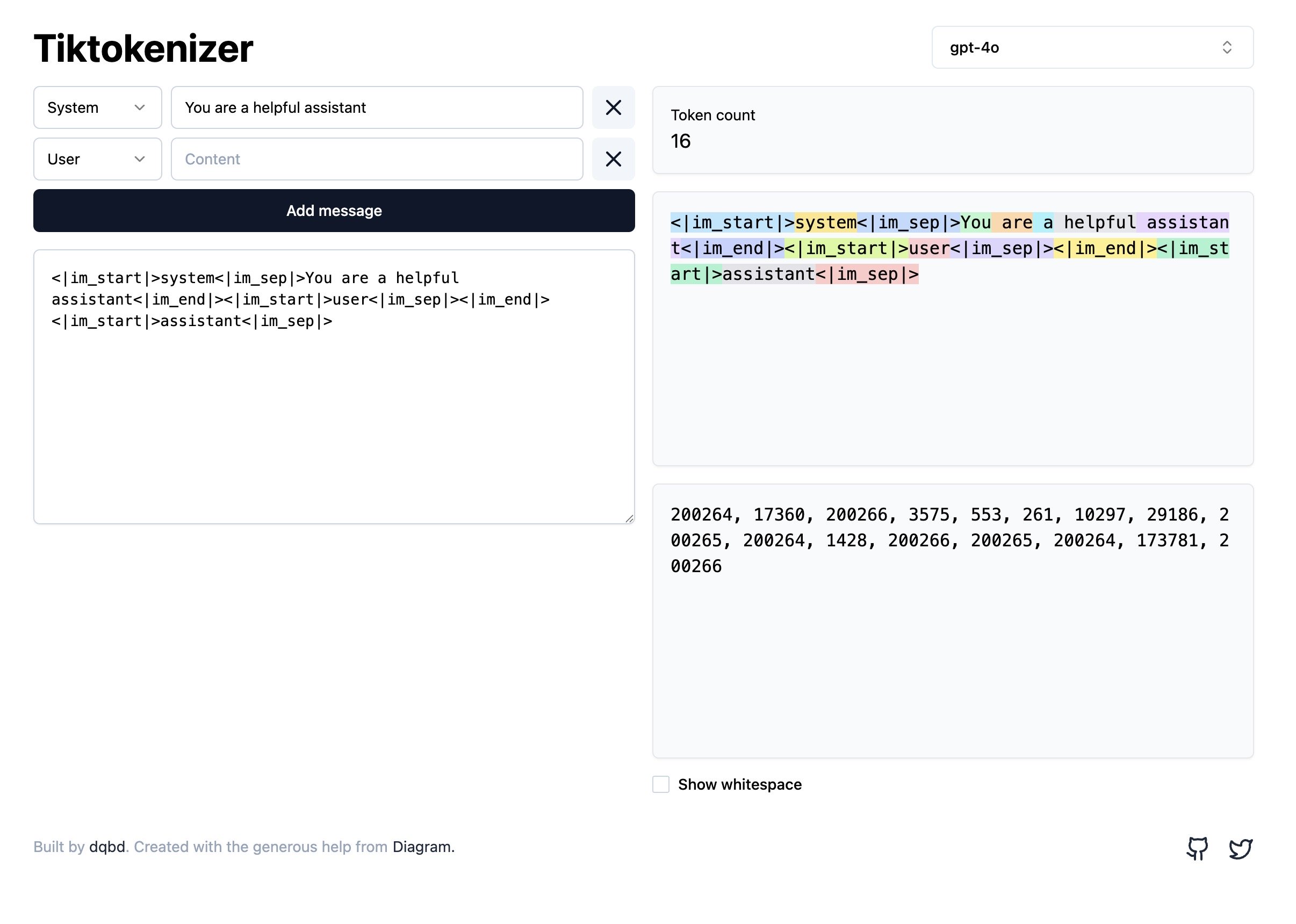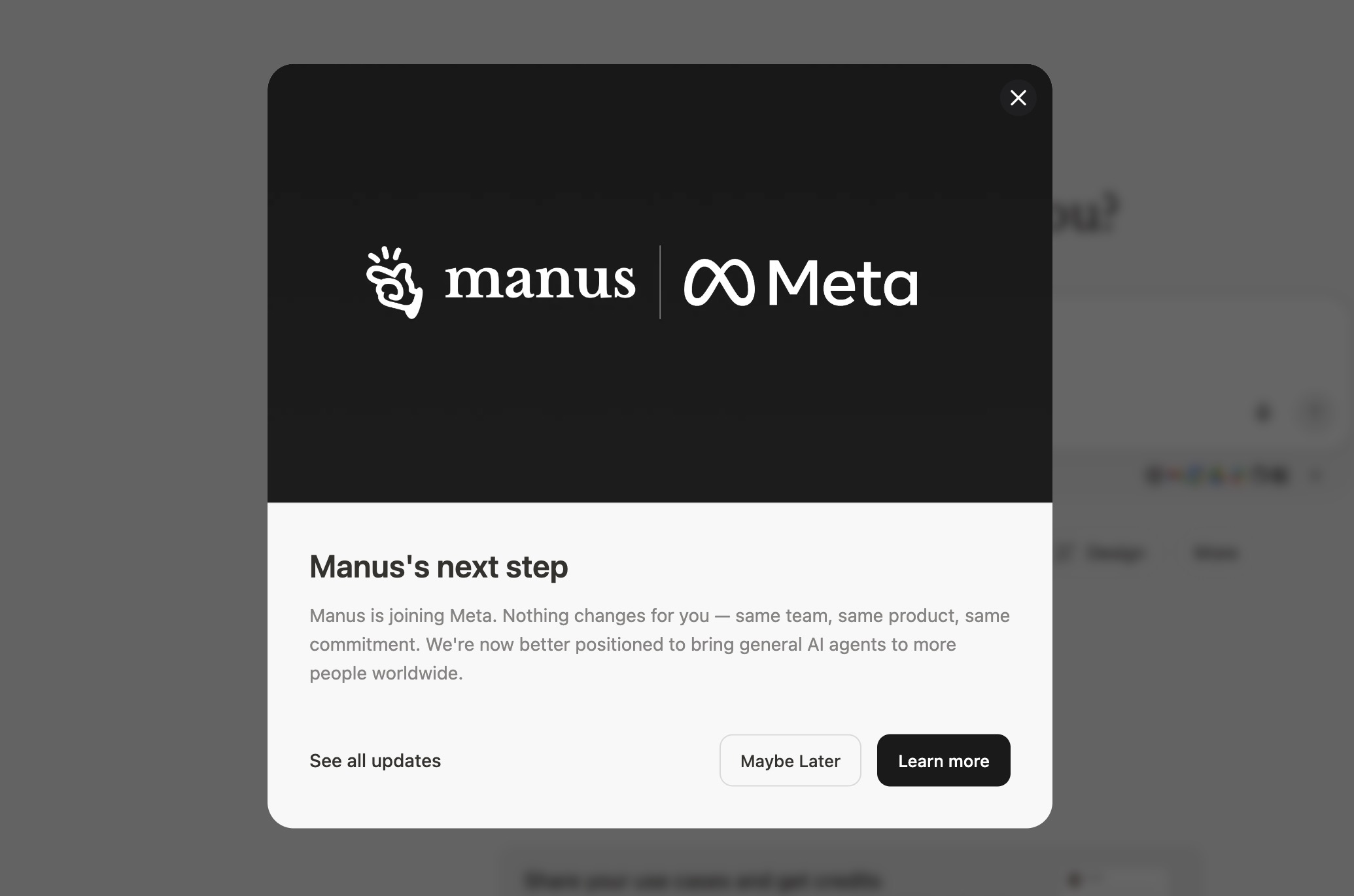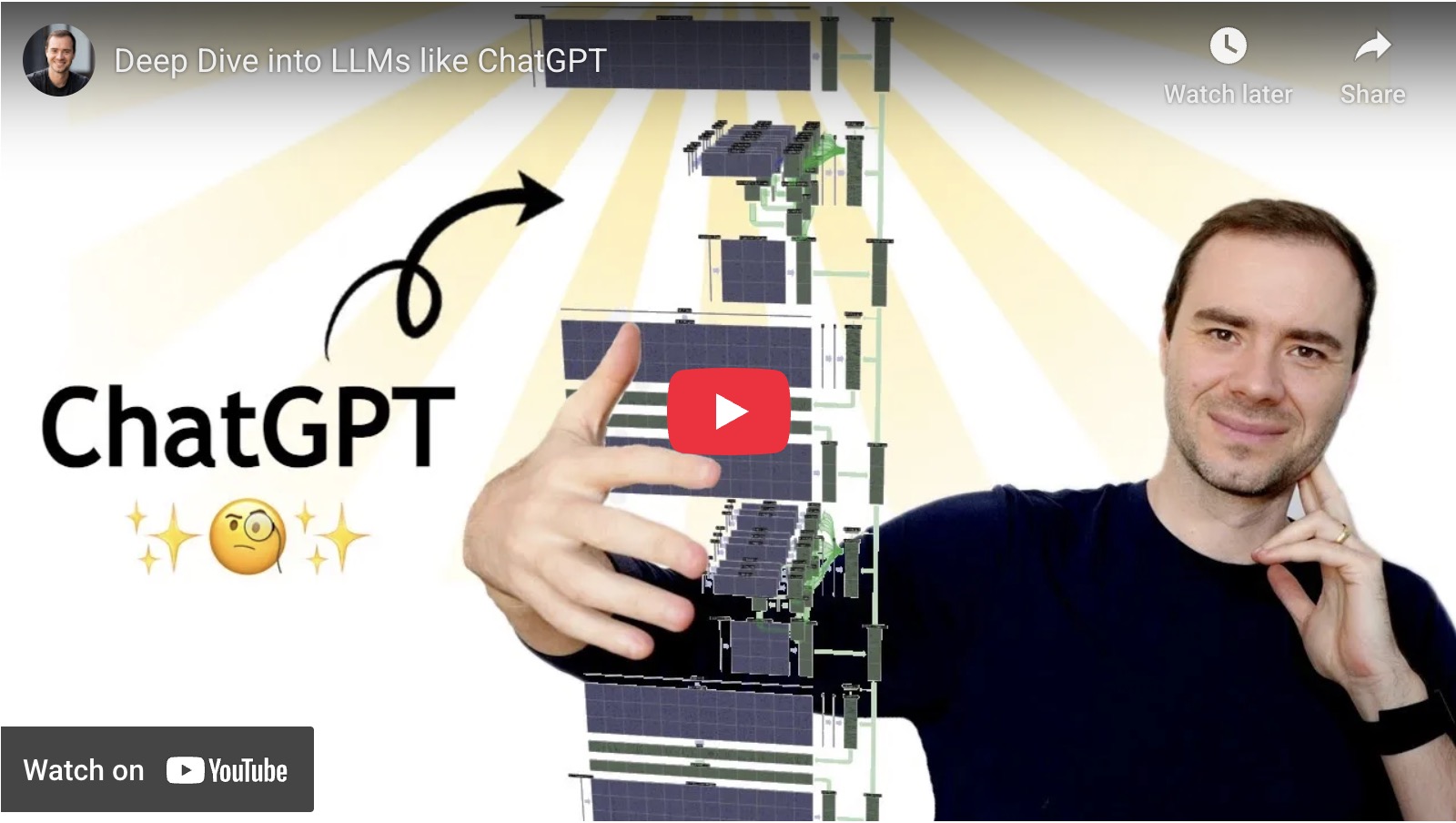How it started, what is it all about and what does it mean for the technology, society and business?
What started as a strong and visionary partnership has turned into one of the most heated rivalries in tech.
Sam Altman and Elon Musk, once visionary duo that joined forces at OpenAI, hoping to guide AI in a safe and collaborative way.
Yet things took a turn when Musk left, and Altman took the company in his own direction.
Now each man fights to define how AI will shape our future, and they’re not shy about throwing jabs.
I’m sure you don’t need any introduction on who each of the tech and business giants are, but still, it made me be creative in describing them.
So, before we continue to the details of the feud of the century, lets see who the main protagonists are.
Elon Musk, the man who wants to send you to Mars and tweets while doing it.
He started by building online payment systems, most famos of them being Paypal with couple of other big names in tech The PayPal mafia.
Then moved on to electric cars, rockets, underground tunnels and latest – country optimisation.
He loves to take big risks, throw out wild ideas, and rattle investors with a single post.
People call him unpredictable, but he never stops dreaming. Whether you see him as a genius or a troublemaker, you can’t ignore the reach of his imagination.
Sam Altman led Y Combinator, helping grow early-stage startups into global powerhouses.
Back then, Altman built a reputation for spotting great founders and giving them the confidence to scale.
Now, as CEO of OpenAI, he’s fueling some of the world’s most talked-about AI breakthroughs. He’s reserved compared to Musk, but his decisions shape entire industries.
If you’re a startup founder, you know his name—and probably wish he’d pick your company next.
How it all started?
In 2015, Musk and Altman joined forces to create OpenAI.
In the early days, they had matching goals.
They wanted to develop AI safely and share what they learned.
They apparently dined regularly together, debated ambitious projects, and even joked about AI taking over the world if they didn’t guide it well.
Yet small disagreements around leadership, spending, and research priorities turned into full-blown conflict.
Musk worried they were rushing breakthroughs just to impress investors, while Altman believed speed was the only way to keep up with powerful rivals like Google.
Musk left in 2018 after a power struggle.
Altman stayed on, changed the way OpenAI was run, and started releasing products like ChatGPT.
Musk felt betrayed, sued OpenAI for drifting from its nonprofit mission, and launched xAI to compete.
The once-close friends quickly became enemies.
By 2017, tensions boiled over.
Musk publicly questioned OpenAI’s roadmap, claiming it needed stronger guardrails.
Altman stood firm, pushing forward with experiments that produced the seeds of ChatGPT.
Musk’s departure the following year was no surprise to insiders who had seen the drift.
He wanted more control and a sharper focus on AI ethics.
Altman wanted to iterate fast and keep forging big partnerships.
When Musk finally walked away, he did so with a heavy sense of betrayal.
Over time, that sense of betrayal hardened. Once Musk accused Altman of selling out to corporate interests, the conflict became personal.
Altman fired back with moves that placed OpenAI deeper into industry partnerships, fueling Musk’s criticism that the lab had strayed from its original nonprofit path.
xAI became Musk’s direct answer to these complaints, promising an “open and safe” platform.
Their friendship—once based on late-night brainstorms and mutual admiration—shifted into a battle to shape AI on their own terms.
But what’s it actually all about?
I think it’s more than just about power, money, and different visions for AI’s evolution.
It’s about two unstoppable figures who once shared a dream of guiding artificial intelligence in a safe, open way—and now stand at opposite corners, each declaring their own path is best.
Altman believes that moving quickly is essential.
He pushes for widespread adoption of AI tools, forging giant partnerships and bringing cutting-edge tech straight into the public’s hands.
Musk, by contrast, insists that OpenAI has veered from its true mission.
He wants to rein AI back into an open-source, carefully managed environment.
Both men crave the same outcome—an AI-powered world that can benefit everyone—but they clash hard on how to get there.
Musk’s closeness to President Trump has given him a seat in the White House, handing him power to steer policy from within.
At the same time, Altman has quietly built his own political alliances, promoting massive AI infrastructure projects that caught Musk off guard.
While one works the halls of government to shape regulations and secure funding, the other navigates diplomatic channels and corporate boardrooms to keep his vision alive.
Their personal feud spills into political arenas, with each trying to sway lawmakers, regulators, and investors.
Musk’s public appearances by Trump’s side can shift opinion overnight, while Altman’s behind-the-scenes deals promise fresh capital and data centers across the country.
It’s no longer just a clash of technology visions.
It’s a race to capture national power, enlist global leaders, and decide how far AI can go before it hits real boundaries.
As both men double down, they’re dragging entire governments into their rivalry—and the world watches, waiting to see which path wins out.
What does it mean for the technology, society and business around the world?
While it’s tempting to see Musk and Altman as the sole architects of AI’s future, the reality is more nuanced.
Altman’s rapid rollouts offer a vision of endless innovation but raise uneasy questions about oversight. Musk’s talk of transparency could reflect genuine concern about runaway AI—or it might be a calculated move to reshape the rules in his favor.
Meanwhile, global players like China, India, and the EU have their own distinct AI agendas.
Some with clearer vision, others with more pragmatism.
Their policies may shift trade norms or redraw security alliances, overshadowing whatever personal battle brews in Silicon Valley.
In the end, this feud is just one thread in a much bigger tapestry of global tech competition—and nobody can predict how these threads will turn out.
Investors bet on AI breakthroughs, fuelling volatile but massive valuations for any company tied to Altman or Musk.
If one of them scores a major win—like a game-changing AI patent or a high-profile government contract—share prices could skyrocket overnight.
The reverse is also true: A regulatory clampdown or a failed partnership might send markets diving.
The progress and demand are getting crazy.
Everyone from biotech firms to energy providers are aware of the changes AI is bringing.
Some jobs will become obsolete faster than societies can adapt.
Jobs could become obsolete faster than societies can adapt.
This is already forcing governments to think about new and future policies like universal basic income and large-scale retraining programs.
As AI reshapes entire industries, each side champions its own approach to regulating data and sharing intellectual property, hoping to safeguard innovation without sacrificing control.
Meanwhile, Europe explores stringent privacy guidelines, the U.S. pursues business-friendly policies, and emerging economies hunt for opportunities to leapfrog established powers.
These shifts can alter global alliances and transform economies.
All while AI offers huge potential to improve healthcare, tackle environmental challenges, and further immerse communication and socialisation.
Yet with that promise come serious risks.
Data misuse could deepen wealth gaps, undermine personal freedoms, and concentrate power in fewer hands.
Ultimately, this feud marks a pivotal moment in how technology, politics, and business merge.
The choices made today will echo for decades, shaping everything from our workplaces to our sense of personal autonomy.
Is there a clear winner in this battle?
Right now, it’s impossible to say.
But one thing is certain: Their ideas—and their egos—will keep colliding until someone sets the new rules for AI.
In a space filled with unknowns, their rivalry may be the push that forces us all to decide what future we really want.

